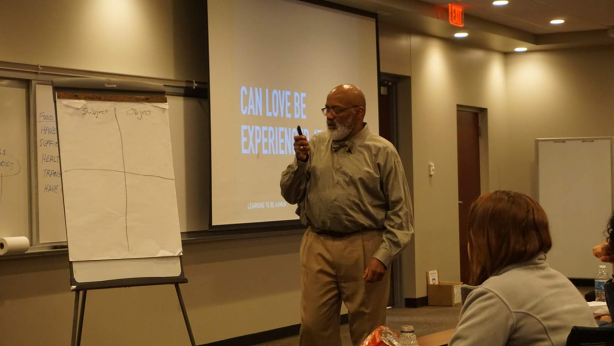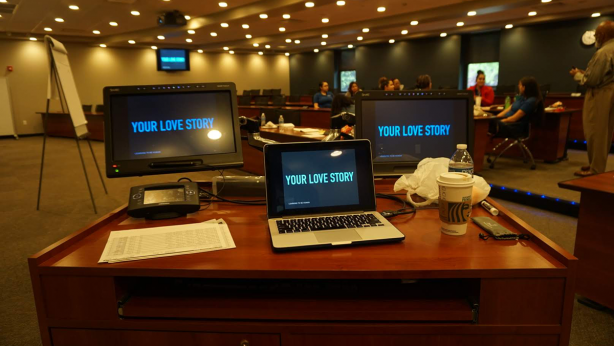Everybody Struggles… Part 1
“Just do as I say!”
I got into counseling to save the world. After seemingly floating around in my early twenties, trying to figure out how I was going to make enough money to support myself, I got lucky, and I ran into my passion while trying to attend law school. While I won’t go into the path on how I did that quite yet, the point is that my goal was to use my knowledge and life experiences to convince high school students that the key to a successful life was through education… A.K.A., good grades and performance. These were values that were instilled into me and I thought I
turned out pretty well, so why not teach this to others? I quickly learned that my ability to relate to youth (being only 23 at the time) was pretty high. I assumed that convincing young people of this would be an easy task for me. Never mind the point that my counseling and life experience was limited. As long as I had found my purpose and had the skill to do what it was that God put me here to do, everything would be just fine.
My intuition about my skill, being able to relate to young people in a way most people couldn’t, was correct. I was able to build relationships that were meaningful. The problem was, based on my standards and some of the standards of others, I was no better at getting my most problematic students to do what I wanted them to do than my counterparts were. I measured my success with students by having two goals in mind… 1. Was I able to talk students into improving their grades? And 2. Was I able to convince students to improve their behavior enough to stay in school? When one or both of these goals were not met, I considered my students decisions about school as marks on my professional record. I took it especially hard when I had a great relationship with a student, and he or she was asked to leave due to a major infraction. As the years went on, those infractions and bad grades piled up, and my confidence as a counselor slowly went down. Because I considered my job, working with students, my life’s purpose, I kept at it tenaciously. I started to try new things, like “paying kids off” with rewards or being super nice. These tricks would rarely work. “Maybe counseling isn’t for me” or “maybe I am not as good at this as I thought” I would tell myself. I later understand that this thinking, if not corrected would lead me to something that I saw many of my colleagues going through… burning-out.
What I was experiencing, I assumed most adults who work with teenagers experienced. The need to control and manipulate the life experiences of the young people in our lives. It wasn’t about the success or failure of these young people, turns out it was about the success and failure of myself, due to my own personal insecurities. I was motivated by my own ego to help my students. Their success was my success, and their failures were due to my own flaws. This was a huge mistake on my part. The important part of teenage development is understanding that these young adults are now in the stage of transitioning from a child to an adult. This is almost a ten year process. At this stage of the game, my goals can’t be to trick, bribe, or convince transitioning adults to do what I think is going to be right for their lives. I certainly have opinions about what would help these teenagers based on my own life experiences, however, if our teenagers just listened and did what we told them to do, how would they be able to own and develop ways to think for themselves? I imagine there are many parents out there who want the best for their children. I would also imagine that parents do not want to manage the lives of their children forever. I share these similar concerns with the parents of my students.
What I’ve learned is when a young person is trying to find their way through life, it is my job and the job of any adult in that young person’s life to act as a guide to decision making. Acting as a guide is different than acting as their decision maker based on the premise that I know what


